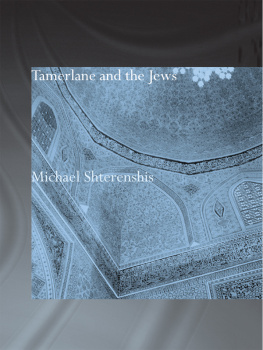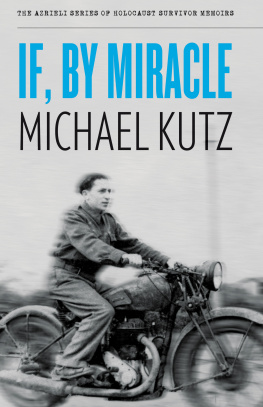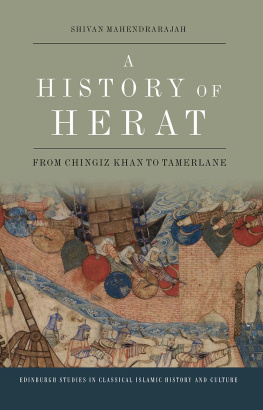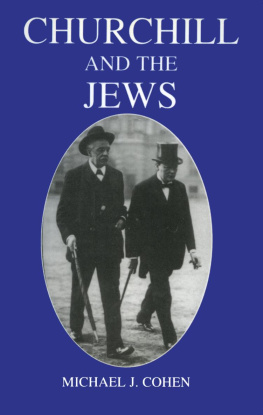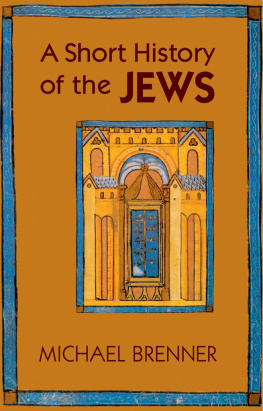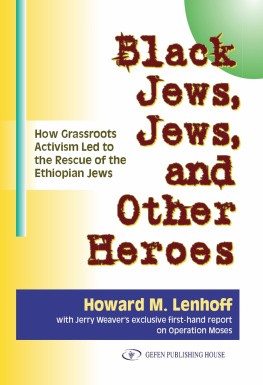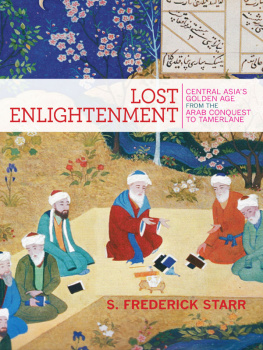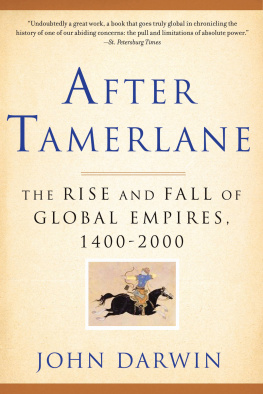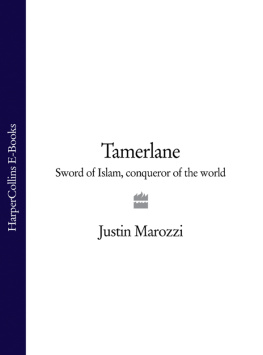TAMERLANE AND THE JEWS
This book provides a general introduction to the history of Jewish life in fourteenth-century Asia at the time of the ruler Tamerlane (Timur). After defining the origin of the Central Asian Jews, the author describes the attitudes towards them and the historical consequences of their relationship with Tamerlane.
In founding an empire, Tamerlane had delivered Central Asia from the last Mongols and brought the nations of Transoxania within the orbit of Persian civilization. Left alone to live within a large stable empire, the Central Asian Jews prospered under the leadership of Tamerlane, absorbing the empires spirit into their language and culture.
Michael Shterenshis was a lecturer at the Finnish College in Jerusalem, and teaches now at the AMHS School, Hod HaSharon, Israel. Previously, he worked as a cultural assistant for the Embassy of the Republic of Uzbekistan in Israel, and as a research fellow at the Hebrew University of Jerusalem. His interests cover the history of Central Asia and the history of the Jews, as well as Jewish and Asiatic medicine and the history of religion. He is a widely published author of scientific works on Jewish and Asiatic history, as well as the history of medicine.
TAMERLANE AND THE JEWS
Michael Shterenshis
First published 2002
by Routledge
2 Park Square, Milton Park, Abingdon, Oxon, 0X14 4RN
Simultaneously published in the USA and Canada
by Routledge
270 Madison Ave, New York NY 10016
Routledge is an imprint of the Taylor & Francis Group
Transferred to Digital Printing 2007
2002 Michael Shterenshis
Typeset in Times by
Keystroke, Jacaranda Lodge, Wolverhampton
All rights reserved. No part of this book may be reprinted or reproduced or utilised in any form or by any electronic, mechanical, or other means, now known or hereafter invented, including photocopying and recording, or in any information storage or retrieval system, without permission in writing from the publishers.
The publisher makes no representation, express or implied, with regard to the accuracy of the information contained in this book and cannot accept any legal responsibility or liability for any errors or omissions that may be made.
British Library Cataloguing in Publication Data A catalogue record for this book is available from the British Library
Library of Congress Cataloging in Publication Data A catalog record for this book has been requested
ISBN 0-7007-1696-3
ISBN 780700716968
ISBN 978-1-136-87373-7 (ePub)
Publishers Note
The publisher has gone to great lengths to ensure the quality of this reprint but points out that some imperfections in the original may be apparent
Printed and bound by CPI Antony Rowe, Eastbourne
THIS BOOK IS DEDICATED TO
MY PARENTS, WHO HAVE SPENT
ALL THEIR LIFE IN UZBEKISTAN,
WITH LOVE AND GRATITUDE.
CONTENTS
8 The last trip of the Prophet Daniel and the life and culture of the Jews of Central Asia
The purpose of this book, is to provide a general introduction to the history of Jewish life in Asia during the fourteenth century, mainly at the time of the last great World conqueror Timur (Tamerlane). I have endeavoured to present the main facts about Timurs attitude to the Jews and the Jews attitude to Timur. This topic, as an aspect of the history of the Jews, the history of Timur and the Timurids, or as the general history of Asia, has never before been investigated and is the first published work on this subject.
I have tried to present the material in moderate compass and without too many technicalities, to avoid the form of a literary essay or a philosophical treatise, or even an exposition of the scientific historiographers viewpoint. It has been my aim to draw attention to this unknown period in Jewish history and the history of Central Asia.
However, all the regular scientific organisation of the material, notes, bibliography, indexes, is maintained in a way usual for standard scientific research. At the same time, transliteration of Turk, Arabic and other Oriental names has been simplified and dots, bars, definite articles, and other diacritical marks have been omitted. Most of the dates are given in years of the Christian era (AD).Oriental and Jewish words that occur in the book have brief definitions in the text in order to make this book intelligible to those who have no specialist knowledge of Oriental history.
Financial support
This book is the product of a long process, during which I have received help and support from many individuals and institutions. Above all, I am indebted to Boris Kandov, Agrotec Company, whose enthusiasm and love for the history of the Jews in Uzbekistan encouraged me to write this book.
My research in Israel was conducted with the support of the Joshua and Hannah Leibowitz Fellowship Fund. My research in Uzbekistan and the final stage of writing the book were funded by Joseph Kobi Ben-Gur, the head of Flex International Manufacturing and Trading Ltd, and by Avi Manor.
I have also received continuous and generous financial support from Dov Rappaport, the head of RPA Port International Ltd, from Yoram Shaked, a businessman, and from the Caspi Aviation Company of Israel.
Scientific, technical and spiritual help
This book would probably never have been written, far less published, had it not been for the interest shown by Mr Rustam Issaev, the Ambassador of the Republic of Uzbekistan to Israel when we met in Tel-Aviv.
A very special thank you also to Gilgi Hauser, Tel Aviv, for her professional, creative and highly valued editing, even when she was in Europe.
Prof Gary Femgen, University of Oregon, read the manuscript with a critical eye and suggested many valuable improvements, as did David Mehler, from Tel Aviv, in the initial editing. The Amir Temur Foundation in Tashkent, Uzbekistan, provided me with valuable sources.
Dr Dilorom T. Usupova from the Uzbek Institute of Oriental Studies assisted me in my research in Tashkent, Uzbekistan, and Dr Vladimir Mesamed from the Truman Research Institute in Jerusalem helped me with translations from the Persian and Judeo-Persian. I should like to thank Sheikh Abdul Aziz Musa Bukhari of Jerusalem for his help in the translation of Arabic texts.
My younger daughter Julia was bom in July 1999, and I thank her for her tactful behaviour from the very first day of her life that permitted me to finish the manuscript.
Despite the clear definitions of the Encyclopaedia of Islam, different spellings of Oriental geographical and historical names can be found in scientific and popular literature. The generally accepted regulations on transliteration of Arabic script is good for the Arabic language, less successful for Persian and Turkish, and least successful for Chagatai Turkic, Old Uzbek, and the modem Uzbek and Tadjik languages. The object of the English transliteration of names in this book in the above-mentioned languages, therefore, is to cause the English reader as little trouble as possible. In order to avoid misunderstandings, several names that are frequently used in this book should be clarified.
Tamerlane Timur: the original name of the main hero of this book, Timur (Tu. Temur, iron), has been corrupted, via the Persian Timur-i Lang (Timur the lame), into the European forms Tamerlane


